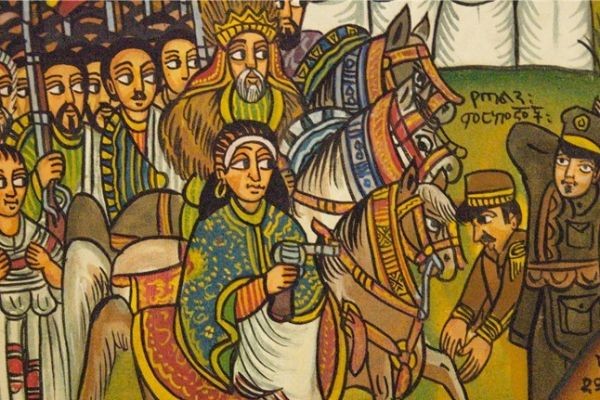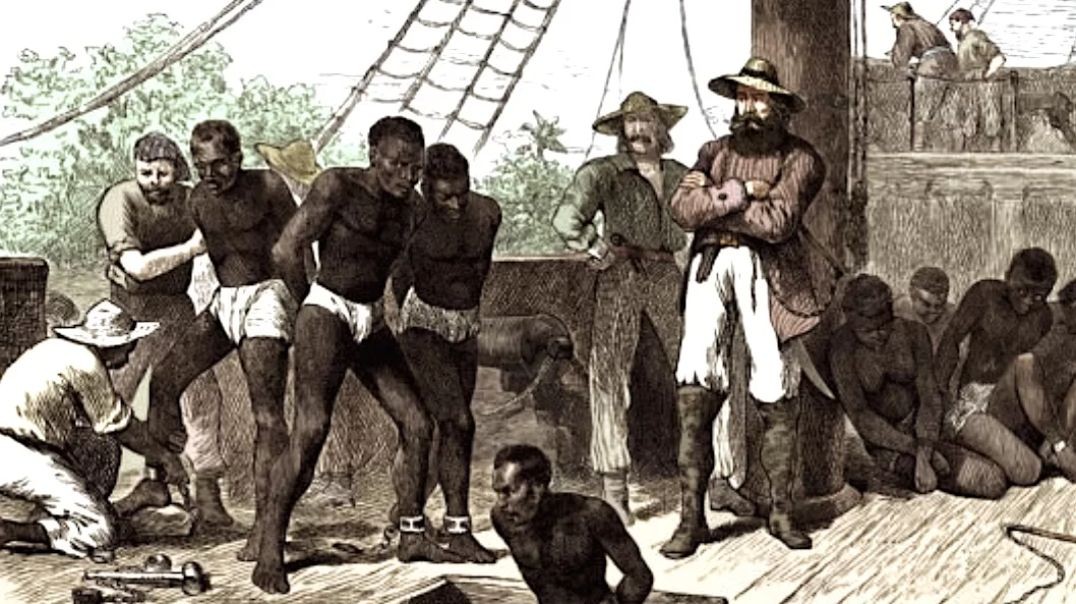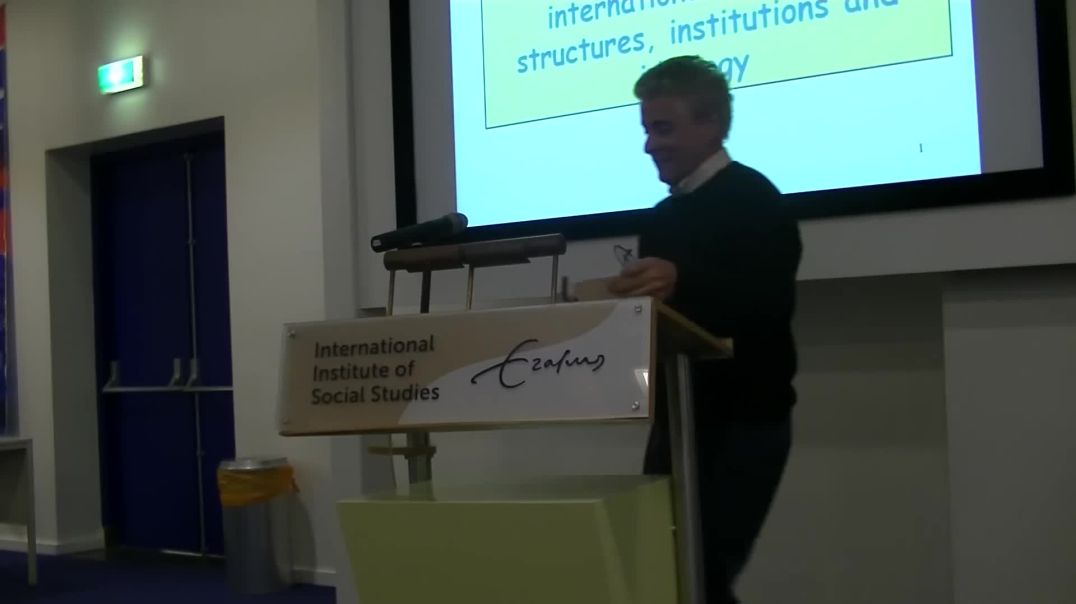The Life and Legacy of Emperor Qedma Asgad of Ethiopia
Ethiopia, a nation with a rich and complex history, is often recognized for its ancient civilizations, diverse cultures, and significant contributions to human development. Among its many rulers, Emperor Qedma Asgad holds a prominent place in Ethiopian history. This article delves into the life, reign, and enduring legacy of Emperor Qedma Asgad, exploring his contributions to the Ethiopian state, culture, and society, and the impact he left on future generations.
1. Historical Context
Ethiopia's history is marked by its unique geographical position in the Horn of Africa, which allowed it to be a melting pot of various cultures, religions, and civilizations. The country is often regarded as one of the oldest nations in the world, with a history that dates back thousands of years. The Kingdom of Aksum, which flourished from around the 1st to the 7th century AD, was a significant precursor to the Ethiopian Empire. It was during this time that Christianity was introduced to the region, setting the stage for the cultural and religious transformations that would occur in subsequent centuries.
By the time Emperor Qedma Asgad came to power, Ethiopia had experienced numerous dynastic changes and territorial expansions, along with internal strife and foreign invasions. Understanding this context is crucial for appreciating the challenges and achievements of Qedma Asgad's reign.
2. Early Life
Born in the late 19th century, Qedma Asgad's early life was marked by the tumultuous political climate of Ethiopia. His exact birth date and circumstances remain unclear due to the scarcity of historical records, but it is known that he was born into a noble family with deep ties to the Solomonic dynasty. His upbringing emphasized the importance of leadership, governance, and military prowess.
From an early age, Qedma Asgad displayed exceptional skills in leadership and strategy, which would later serve him well during his reign. He received education not only in traditional subjects but also in military tactics, diplomacy, and governance, preparing him for the challenges he would face as emperor.
3. Ascension to the Throne
The ascension of Qedma Asgad to the throne was a pivotal moment in Ethiopian history. He came to power during a period of political fragmentation, characterized by regional warlords and competing factions vying for control. His rise to power was marked by both military engagements and diplomatic maneuvers that allowed him to consolidate authority.
As a military leader, Qedma Asgad was known for his strategic acumen. He engaged in several campaigns to unite the fractured territories of Ethiopia under a single banner. His leadership in these campaigns not only solidified his position but also earned him the loyalty of various ethnic groups and clans.
4. The Reign of Qedma Asgad
Emperor Qedma Asgad's reign is often characterized by efforts to centralize power, modernize the military, and promote economic development. His policies aimed at unifying the country and fostering a sense of national identity among the diverse populations of Ethiopia.
4.1 Political Reforms
One of the significant aspects of Qedma Asgad's reign was his commitment to political reforms. He sought to reduce the influence of regional warlords and decentralize power by implementing a more structured administrative system. This involved the creation of provinces governed by appointed officials who reported directly to the emperor, thus increasing centralized control.
Additionally, Qedma Asgad worked to strengthen the legal framework of the empire, emphasizing the importance of justice and order. He established courts to address grievances and promote fairness, which contributed to his popularity among the populace.
4.2 Military Modernization
Recognizing the need for a strong military to defend the empire and assert its influence in the region, Qedma Asgad implemented a series of military reforms. He modernized the army by introducing new weapons, training methods, and organizational structures. This transformation not only enhanced the military's effectiveness but also allowed Ethiopia to resist external threats and maintain its sovereignty.
Qedma Asgad's military campaigns against neighboring territories demonstrated his strategic prowess. His ability to mobilize forces and employ innovative tactics contributed to several victories that expanded the Ethiopian Empire's borders.
4.3 Economic Development
Under Qedma Asgad's reign, Ethiopia experienced significant economic growth. He recognized the importance of agriculture, trade, and infrastructure in sustaining the empire. To enhance agricultural production, he promoted advanced farming techniques and irrigation systems, which resulted in increased crop yields.
Trade routes were revitalized, connecting Ethiopia with neighboring regions and facilitating the exchange of goods, ideas, and cultures. The emperor encouraged commerce by providing incentives for merchants and establishing marketplaces, which contributed to the overall prosperity of the empire.
5. Cultural Contributions
Emperor Qedma Asgad's reign was also marked by a flourishing of culture and the arts. He understood the significance of culture in unifying the diverse populations of Ethiopia. His patronage of the arts, literature, and religious institutions fostered a vibrant cultural landscape.
5.1 Promotion of Literature and Education
Qedma Asgad recognized the importance of education in fostering a knowledgeable citizenry. He established schools and encouraged the translation of important texts into local languages. This effort not only preserved Ethiopia's rich literary heritage but also made knowledge accessible to a broader segment of society.
The emperor's support for literature resulted in the creation of notable works that explored themes of governance, morality, and spirituality. These texts played a vital role in shaping the intellectual discourse of the time.
5.2 Religious Tolerance
Religious diversity has been a hallmark of Ethiopian society, and Qedma Asgad's reign exemplified a commitment to religious tolerance. While he was a devout Christian, he recognized the importance of coexistence among different faiths. This approach contributed to social harmony and minimized sectarian tensions.
The emperor supported the Ethiopian Orthodox Church while also respecting the rights of Muslim communities and traditional religious practices. This policy of inclusivity strengthened the bonds among Ethiopia's various religious groups.
6. Challenges and Conflicts
Despite his accomplishments, Emperor Qedma Asgad faced numerous challenges during his reign. Internal dissent, regional rivalries, and external threats tested his leadership and the stability of the empire.
6.1 Internal Dissent
While Qedma Asgad's reforms garnered support from many, they also faced opposition from traditional power brokers who resisted centralization. The emperor had to navigate a delicate political landscape, often employing diplomacy and negotiation to quell dissent.
Rebellions and uprisings were not uncommon, but Qedma Asgad's military prowess allowed him to suppress these challenges effectively. His ability to adapt to changing circumstances and address grievances played a crucial role in maintaining stability.
6.2 External Threats
Ethiopia's strategic location made it susceptible to external invasions. During Qedma Asgad's reign, the empire faced threats from neighboring states seeking to expand their territories. The emperor responded by strengthening the military and forging alliances with other nations to counter these threats.
One notable conflict was the war with neighboring Eritrea, which tested the limits of the Ethiopian military and Qedma Asgad's strategic thinking. Although the war was arduous, the emperor's leadership ultimately led to a decisive victory, securing Ethiopia's borders and reinforcing national pride.
7. Legacy and Impact
Emperor Qedma Asgad's reign left an indelible mark on Ethiopian history. His contributions to political stability, military strength, and cultural flourishing set the stage for future generations. His efforts to unify the diverse populations of Ethiopia fostered a sense of national identity that continues to resonate today.
7.1 National Identity
Under Qedma Asgad's leadership, Ethiopians began to view themselves as part of a greater national community. His emphasis on centralized governance and cultural unity laid the groundwork for a collective identity that transcended regional and ethnic differences.
This sense of national identity would play a crucial role in shaping Ethiopia's response to external challenges in the 20th century, including the struggle against colonialism and the fight for independence.
7.2 Cultural Heritage
The cultural contributions of Qedma Asgad's reign continue to influence Ethiopian society. His promotion of literature, art, and education left a lasting legacy that is celebrated in contemporary Ethiopia. The texts and artistic works produced during his reign remain an essential part of the nation's cultural heritage.
8. Conclusion
Emperor Qedma Asgad of Ethiopia stands as a significant figure in the annals of history. His reign marked a period of political consolidation, military strength, and cultural flourishing. Despite the challenges he faced, his commitment to unifying Ethiopia and promoting a sense of national identity laid the foundation for the nation’s future.
As Ethiopia continues to navigate the complexities of modernity, the legacy of Emperor Qedma Asgad serves as a reminder of the importance of leadership, unity, and cultural pride in shaping the destiny of a nation. His life and achievements are a testament to the resilience and strength of the Ethiopian people, and his story remains an integral part of Ethiopia’s rich historical tapestry.








